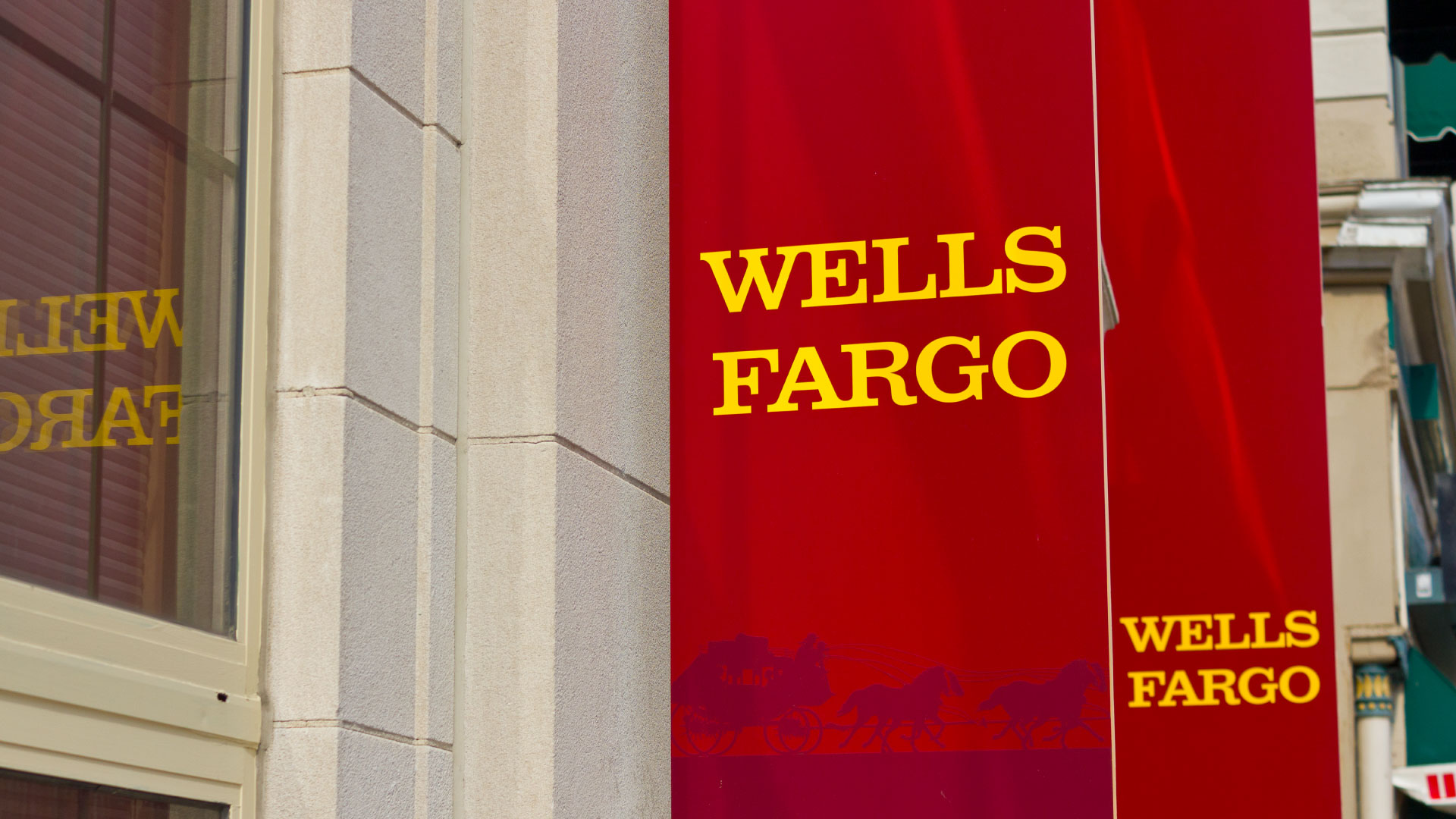
Wells Fargo Settles Forex Fraud As Regulators Grow Weary of Lax Supervision
Another misconduct fiasco inside Wells Fargo has emerged at a time when global regulators are growing increasingly concerned about lackadaisical voice and e-communication surveillance inside financial services firms.
Wells Fargo forex sales staff laughed as they ripped off customers, with some giving them nicknames and praising each other for continuing the fraud, according to court documents that reveal more about the culture of misconduct that has been running through the bank for the last decade.
The bank’s latest sanction, a fine of US$72.6 million, follows a glut of penalties over the last five years, ranging from the hundreds of millions to billions of dollars, and a growth ban put in place to stop the bank from profiting until it fixes its compliance deficiencies.
The bank agreed to the settlement for overcharging and misleading bank customers on foreign exchange fees from 2010 to 2017, and was warned again over its sub-standard trader surveillance.
“We all put trust in our banking institutions to deal with us honestly, fairly, and transparently when we are their customers,” said US Attorney Audrey Strauss. “For the better part of a decade, Wells Fargo abused this trust, using tricks, false information, and other deceptive practices to fraudulently overcharge customers who used the bank’s foreign exchange service.”
A former Wells Fargo employee exposed the forex fraud, and will receive a $1.6 million reward for the information and assistance provided to prosecutors. It is the maximum amount a whistleblower can receive under the Financial Institutions Reform, Recovery, and Enforcement Act (FIRREA), the law that the bank was charged with violating.
However, if another regulator goes after Wells Fargo for this misconduct, the whistleblower stands to receive further awards.
“We don’t think this is the last you’ll hear about Wells Fargo’s misdeeds, so stay tuned,” said Mary Inman, Partner at Constantine Cannon.
Want To Take A Bit More?
Wells Fargo staff bought currency for cheap from one party, and sold it to another with the price marked up. The profit it earned was referred to internally as a “spread” or “sales margin.”
Communications data drawn from electronic and voice recordings evidenced the “spread” charged was much higher than the rates cited to customers.
Wells Fargo secretly banked tens of millions of dollars while lying to its clients.
One tactic was called the “Big Figure Trick”, whereby sales employees would pretend to accidentally swap two digits in transaction prices to charge customers more money. For example, if the price to purchase a euro was $1.0123, a Wells Fargo salesperson would use the trick to switch the price to $1.0213 dollars, according to the DOJ.
Would claim it was a typo, and say it was a mistake in entering digits. was a typo, a mistake in entering digits. Wells Fargo specialists targeted less financially savvy businesses in the hopes that those customers wouldn’t see adjustments. Sales specialists also falsified data to make it appear the final numbers lined up with the negotiated rate.
“You can play the transposition error game if you get called out,” said one FX sales specialist in an internal communication with colleagues. Another FX sales specialist said to a colleague regarding a previous transaction that a customer “didn’t flinch at the big fig the other day. Want to take a bit more?”
For Whom The Bell Tolls
Another FX sales specialist observed in an internal email communication that customers would not notice some overcharges. He wrote “these clients who are in the mode of just processing wires will most likely not notice this slight change in pricing” and that it “could have a very quick positive impact on revenue without a lot of risks.”
In a written instant message to a colleague, an FX sales specialist likened the fraudulent scheme to getting candy from a piñata, referring to the bank’s pricing of BSwift wire transfers as the “BSWIFT piñata.”
“Wells Fargo created an atmosphere in which employees openly joked about and celebrated taking advantage of the bank’s customers,” said the U.S. Department of Justice.
The bank didn’t systematically maintain customer agreements or monitor the transactions to ensure they complied with customers’ agreements, enabling employees to freely defraud, which many duly did, given that their bonuses were tied to sales.
“Indeed, Wells Fargo employees would ring a bell on the trading floor to celebrate particularly profitable transactions that earned large sums at the expense of bank customers,” said Inman.
Other FX sales specialists would use expressions such as “back the truck up,” and “when in doubt, spread them out,” to jokingly describe how they were pocketing large sums at the expense of their customers. Another FX sales specialist referred to Wells Fargo’s FX sales group as a “bucket shop.”
In a statement, the bank said the “…past behavior was unacceptable. We have significantly improved our business policies, procedures, and oversight related to the management and pricing of FX transactions.”
Storm After The Calm
After a relatively quiet few years following the heavy sanctions of the 2010s, forex regulation is again the talk of global regulators who are concerned about gaps in communications surveillance, particularly voice monitoring.
Three years on from the introduction of the FX Global Code, an agreement between lenders to promote a market that is robust, fair, and transparent, signs are emerging that the guidance isn’t working.
The Global Foreign Exchange Committee, which reviews the code, wants a greater emphasis on record-keeping, especially with regard to the reasons for trade rejections. Voice surveillance is of particular interest to regulators given developments that have created the remote working environment.
High-level officials at the U.S. Department of Justice (DOJ) are also warning that it is allocating significant resources in a new effort to combat corporate crime.
Principal Associate Deputy Attorney General John Carlin emphasized that the department is preparing “to surge resources for corporate enforcement,” which Carlin indicated is a reflection of a “commitment to white-collar enforcement.” Carlin specifically mentioned a new squad of FBI agents assigned directly to the fraud unit, and suggested the DOJ is routing resources back to investigating financial crimes.
“The complexities of the laws and the aggressiveness of these law-enforcement efforts can pose significant risks for companies navigating a host of economic challenges,” said Keith Rosen, Head of Risk Advisory at Norton Rose Fulbright.
Voice Comes Full Circle
Traders are increasingly using their own computers and phones, and communicating through channels such as Zoom, Google Hangout, Microsoft Teams, and WhatsApp, along with their own internal systems or Bloomberg chats, some of which did not exist or were outright outlawed when the FX Global Code was first created.
Some commentators have even noted the irony that just 10 years ago, the then – UK Financial Services Agency, dropped phone-taping exemptions from call recording rules introduced in March 2009 to combat market abuse. This was mainly down to the lack of reliable solutions in place to capture voice.
Today, the regulators take a very different approach, and are demanding more effort from firms on voice surveillance; it’s not enough just to capture recordings, they have to be scanned.
“Taking steps to monitor market abuse has been particularly challenging,” said Alan Baker, Partner at Farrer. “It is clearly much easier for traders to engage in abusive market practices when working at home, free from the physical supervision and monitoring that goes with being on a trading floor.”
The challenges are not just at a firm level, Baker said, but also apply to management who need to take reasonable steps to ensure that the business of the firm is controlled effectively and complies with the relevant regulatory requirements and standards.
“As more data is captured, firms may want to consider the use of more automated tools for compliance monitoring and increase emphasis on outcomes-based analysis and trade reconstruction,” he said.







